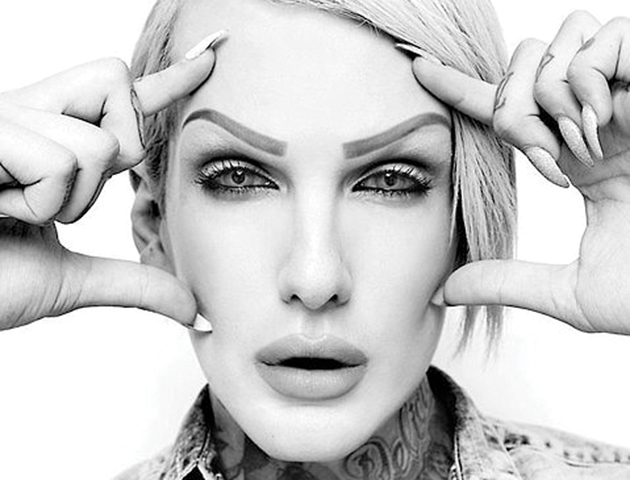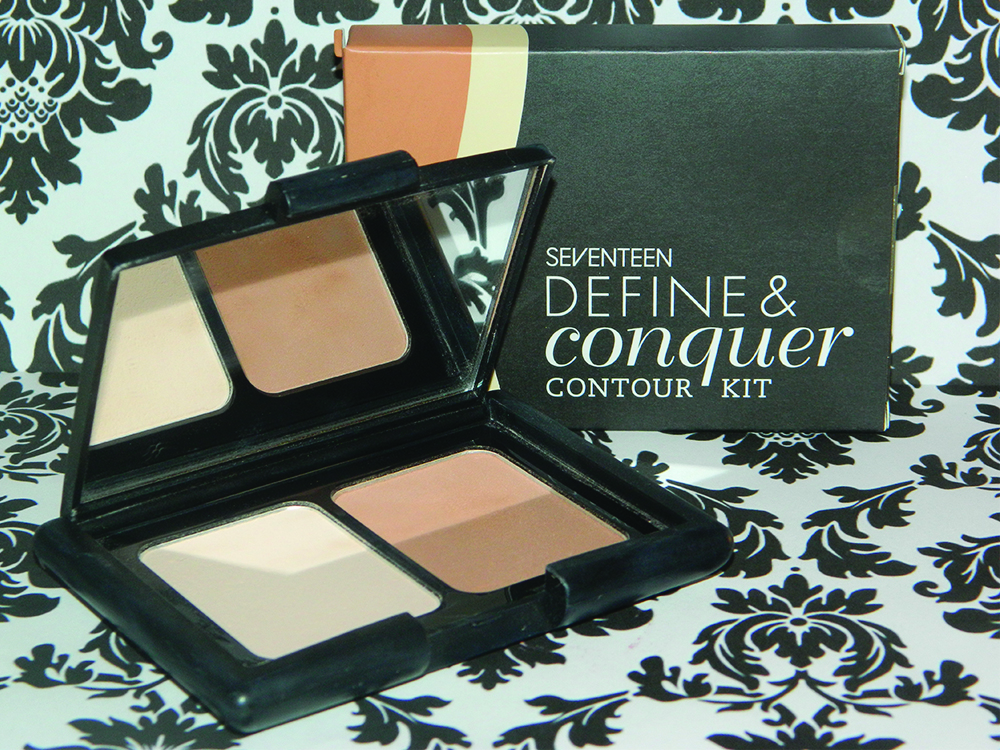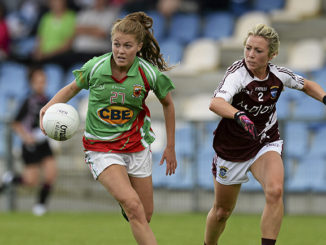
[dropcap]T[/dropcap]he question of controversial figures being permitted to speak on college campuses has continued cropping up as society continues to ask what is more important: free speech or safe spaces?
The idea of safe spaces in college campuses that started in ‘The States’ has seemingly grown and leaked into Irish society. Perhaps due to the fact that this generation is more than ever concerned with the concept of political correctness.
As young people and students become more and more involved with politics, this means both of these ideas start to meld together.
Youth being socially aware, involved in politics, voting, protesting and standing up for their beliefs, means the voices of young people are heard now more than ever before.
It is often the college students, sometimes even the secondary school ones, who are marching for choice and heading out to protest for affordable accommodation.
The same generation, actively involving themselves in the running of society, are the generation becoming more concerned with right and wrong. As Ireland grows and becomes more diverse and multicultural than ever, it naturally shifts as a society.
College students now have access to the world on an entirely new scale and access to other cultures in ways their elders would not have, making it easier to identify what should and should not be said.
People have said this generation is offended easily, but I would argue they are just less likely to take injustices lying down or stay silent.
This makes the question of whether controversial figures should be allowed on campuses an even trickier one. Free speech is important and everyone should be entitled to their opinions. However, when an opinion is more than an opinion and rather an attack on another group of people, does it go too far?
After all, there is a big difference between saying you are not a fan of tea and diminishing the existence of tea altogether.
For some people, daily life can be scary enough without taking away the only safe spaces they may have. Bringing hateful people on to campuses may lead to them spreading these hateful ideas to peers, who may in turn then carry these hate-filled ideas on or, worse still, act on them.
Earlier this year, The Helix in DCU hosted makeup guru and internet personality, Jeffree Star. This received a mostly negative reaction from people on Twitter due to his previous plethora of racist statements.
Mike Tyson appeared at the same venue very recently and DCU SU released a statement distancing themselves from the event.
The reaction of students to these events and to others like it, show us that while young people don’t want to silence anyone, they cannot sit idly by and let these speakers strike fear into any of their peers.
Some have suggested that the best way of handling these situations is to let them come to the campuses and speak, but to also let the accompanying protests continue, peacefully.
Others have suggested that debates be had, between both sides so that people can learn from each other and voice their ideas, but with question and opposition. Without debate and learning as much about the other side as possible, nobody can formulate opinions.
But the most popular school of thought seems to be: how can you let these voices be heard if it means other voices have to be filled with fear in an environment that is meant to be a safe space to learn and to grow?
Clara Kelly
Image Credit: Bobby Bruderle (Wikipedia)



